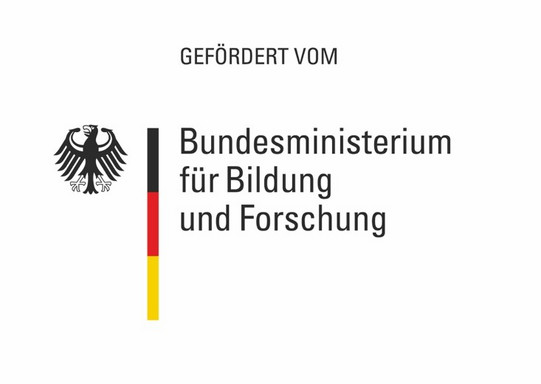
The project "Dortmund Profile for Inclusion-Oriented Teacher Education" is being funded at the Technical University of Dortmund within the framework of the joint quality campaign for teacher education by the federal and state governments with funds from the Federal Ministry of Education and Research (BMBF).
The project aims to improve teacher training by restructuring the subject-specific, subject-didactic, educational science and practical school training curricula - for example, through teaching/learning formats that are intended to create accessibility for all learners.
Teacher training plays an important role at TU Dortmund University, and one that needs to be strategically shaped. The aim of DoProfiL is to realign, relate and network the various actors and fields of activity in a strategic change process that is oriented towards the requirements of increasing heterogeneity (Baumert et al., 2001; Prenzel & Burba, 2006). In order to establish teacher education that is fit for the future, the challenges of a school of diversity must be kept in mind (cf. HRK & KMK, 2015). DoProfiL thus focuses on a comprehensive understanding of inclusion that includes gender, religion, ethnic origin, social or economic status, physical impairments or special learning needs.
On this basis, curricula, methods, teaching/learning arrangements, cultures and structures as well as links between theory and practice in teacher education will be questioned, reviewed and redeveloped. Inclusion is understood as a cross-cutting issue that creates focal points and links in the first as well as in the second and third phase of teacher education, so that pupils, students, teachers and teachers working in practice are included.
The project is being carried out at the TU Dortmund University under the leadership of the head of the Dortmund Competence Centre for Teacher Education and Teaching/Learning Research (DoKoLL), Prof. Stephan Hußmann, and the Vice-Rector for Diversity Management, Prof. Barbara Welzel. In addition to the DoKoLL, many subjects and subject didactics, the educational sciences, the Faculty of Rehabilitation Sciences and the Centre for Higher Education (zhb) with the Department of Disability and Studies (DoBuS) are involved. The first project phase from 2016 to 2019 will be followed by a further funding phase until 31 December 2023.


